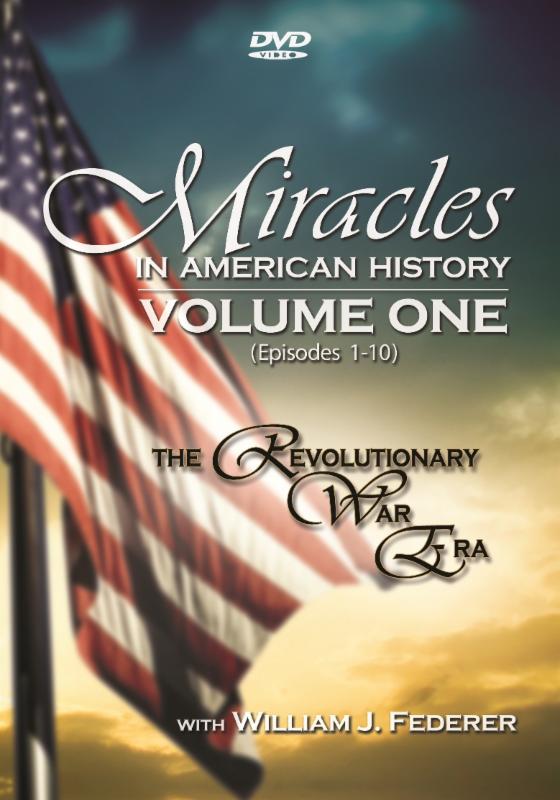They cruelly tortured the inhabitants to get them to surrender their treasures.
He sent forward a decoy ship filled with gunpowder, which exploded and destroyed a Spanish ship.
He then faked a land attack, causing the Spanish fort to reposition its cannons landward, allowing him to quickly sail past to the sea.
In 1671, Morgan again sacked Panama.
In 1731, a Spanish commander in the Caribbean detained an English ship.
It also was New France’s second most important commercial city after Quebec.

France wanted Louisbourg back.

In 1746, French Admiral d’Anville set sail with the most powerful fleet of its day: 73 ships with 800 cannons and 13,000 troops.

Admiral d’Anville intended to: “expel the British from Nova Scotia, consign Boston to flames, ravage New England, and waste the British West Indies.”

Massachusetts Governor William Shirley declared a Day of Prayer and Fasting, October 16, 1746, to pray for deliverance.

Boston citizens gathered in the Old South Meeting House, where Rev. Thomas Prince prayed:
“Send Thy tempest, Lord, upon the water … scatter the ships of our tormentors!”

DVD Vol. 1- Miracles in American History (Episodes 1-10)

Historian Catherine Drinker Bowen related that as he finished praying, the sky darkened, winds shrieked and church bells rang
“a wild, uneven sound … though no man was in the steeple.”

A hurricane scattered the entire French fleet as far as the Caribbean.
Lightning struck several ships, igniting gunpowder magazines, causing explosions and fire.

With 2,000 dead, including Admiral d’Anville, and 4,000 sick with typhoid, French Vice-Admiral d’Estournelle threw himself on his sword.

Henry Wadsworth Longfellow wrote in his poem, The Ballad of the French Fleet:
“Admiral d’Anville had sworn by cross and crown,
To ravage with fire and steel our helpless Boston Town …
There were rumors in the street, in the houses there was fear
Of the coming of the fleet, and the danger hovering near.
And while from mouth to mouth, spread the tidings of dismay,
I stood in the Old South, saying humbly: ‘Let us pray!’

‘Oh Lord! we would not advise; but if in thy Providence
A tempest should arise, to drive the French Fleet hence,
And scatter it far and wide, or sink it in the sea,
We should be satisfied, and Thine the glory be …’
Like a potter’s vessel broke, the great ships of the line …
Were carried away as smoke…or sank in the brine.”

This great deliverance encouraged Ben Franklin to organized Pennsylvania’s first “volunteer” militia with 10,000 signing up.

This began Ben Franklin’s career of public service, as he became the most popular person in the colony.
Ben Franklin also propose a General Fast which was approved by Pennsylvania’s Council and published in the Pennsylvania Gazette, December 12, 1747:
“The calamities of a bloody war … seem every year more nearly to approach us …
and there is just reason to fear that unless we humble ourselves before the Lord and amend our ways, we may be chastized with yet heavier judgments.

We have … thought fit … to appoint … a Day of Fasting & Prayer, exhorting all, both Ministers & People … to join with one accord in the most humble & fervent supplications
that Almighty God would mercifully interpose and still the rage of war among the nations & put a stop to the effusion of Christian blood.”
The threat of war was averted, and Philadelphia was spared.